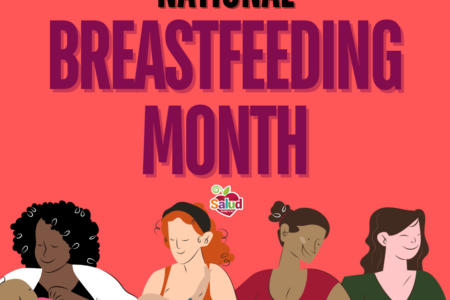
Share On Social!

Laura Esparza used to be an “exercise avoider.”
She steered clear of physical activities that resembled the P.E. classes of her youth, and had little confidence to work out or try playing any sports.
That changed when Esparza, a parent of three children and community volunteer in San Antonio, Texas, grew increasingly concerned with rising local obesity levels and learned that daily physical activity is an essential element of everyone’s physical and mental health.
Now she exercises regularly and is an avid “exercise promoter” at the Institute for Health Promotion Research (IHPR) at The UT Health Science Center at San Antonio, where she researches ways to increase Latino families’ physical activity.
“Spurred by my own experience, I became interested in promoting exercise and physical activity for those not already active,” said Esparza, who joined the IHPR in 2009 from UT San Antonio, where she earned her master’s degree in health and kinesiology. “I want to help solve the obesity health crisis.”
Esparza is a key player in the IHPR’s Physical Activity Partnership for Girls, a multi-component health behavior-change intervention that uses text messaging and social media to promote physical activity among adolescent Latina Girl Scouts.
She also coordinates Y Living, a healthy lifestyle program for cancer prevention and risk reduction with community partner, the YMCA of Greater San Antonio.
“I enjoy working with community partners because they are so committed to improving the lives of their constituents in an increasingly challenging resource environment,” she said. “Community-academic collaboration is not easy work—it takes a lot of time and energy to build on the knowledge and strengths of both sides in order to develop programs that have a chance of success. In the end, everyone involved wants to improve the health and well-being of the community, and I am so pleased to be a part of that.”
Esparza takes her promoter role directly into the community, too.
She is vice-chair of the Active Living Council of San Antonio, a group focused on facilitating change in policy, infrastructure, and attitudes to promote active living throughout the community, and serves on the community board of the Methodist Healthcare System, the city’s largest hospital system.
“Improving health takes a multi-level effort, from lending a hand in the community to figuring out how to get 12-year-old girls excited about trying a new exercise,” Esparza said. “The challenge is to make being physically active the easy choice.”
Explore More:
Maternal & Child HealthBy The Numbers
20.7
percent
of Latino kids have obesity (compared to 11.7% of white kids)



